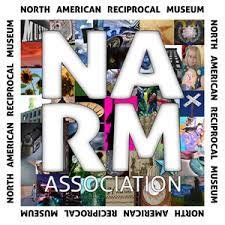This talk is FREE and light refreshments will be served.
This talk will be given by our Resident Historian, Amy S. Green, Ph.D., and is part of a collaboration with many of our fellow historical organizations in Waltham to celebrate near Labor Day 2018 the history of workers in our great City.
This talk will explore how Yankee farm women became the first large-scale industrial labor force in the United States, how factory work transformed the lives of these women, and how women transformed the world they worked in.
Historians all agree that Yankee farm women comprised the first large-scale industrial labor force in the United States. Factory agents recruited unmarried women from Vermont, New Hampshire and western Massachusetts. The large machinery in these massive brick buildings required large, able-bodied women, eliminating the demand for children. Yankee men, most likely, would have chafed at becoming a factory operative, and remained on farms or worked in the building trades.
Lowell Mill Girls
First, this talk will explore the “push-pull” factors that resulted in a major demographic shift from farm to factory. For example, a massive wave of Vermont women ended up in the factory cities along the Merrimack River. But why did they come? Did corporate propaganda draw women away from their homes, with promises of great bounty? Or did declining conditions on New England farms motivate women to leave?
After examining an array of economic factors, the talk will shift focus to the “psychic shock” of entering an alien world of clanging bells and noisy crowds. No longer did the sun, fields and stone fences shape women’s sense of time and space.
While countless poems raged against the tyranny of the ever-ringing bell, testifying to mill girls’ despair, operatives also employed an amazing array of coping strategies as well:
· Improving their minds through educational opportunities. Writing essays, published in magazines like the Lowell Offering on subjects from botany to boarding houses, increased their self-esteem.
· Whether creating bonds with other women, or encouraging relatives to join them, “sisterly” affection provided a rich social network, a powerful counterpart to psychic alienation.
· Enjoying their new-found independence, now free from the patriarchal control of father or husband, now free to spend cash wages on themselves, whether improving their attire or saving for college.
· Finally, letter writing connected women to the places of their past, bridging the farm with the factory.
In the end, not only did many women successfully negotiate the world of the unknown, but many made it over to fit their needs.
This talk is FREE and light refreshments will be served.














